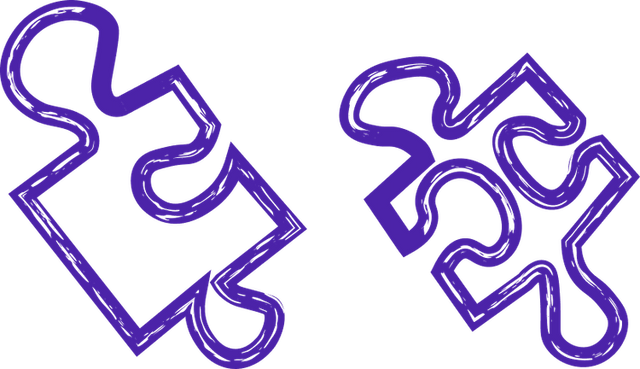
remote healthcare technology
Remote Healthcare Technology
One of the key benefits of remote healthcare technology is its ability to improve access to care for individuals in rural or underserved areas. By leveraging telemedicine platforms, patients who may have previously struggled to see a doctor can now easily connect with a healthcare provider via video call or messaging. This not only improves health outcomes for these individuals but also helps to reduce healthcare disparities.
Additionally, remote healthcare technology can also lead to cost savings for both patients and healthcare providers. By reducing the need for in-person visits, patients can save on transportation costs and time off work, while healthcare providers can see more patients in a day without the need for physical office space. This can lead to increased efficiency and productivity within the healthcare system.
Furthermore, remote healthcare technology can also improve patient outcomes by enabling more frequent monitoring and communication between patients and their healthcare providers. For individuals with chronic conditions, remote monitoring devices can track vital signs and symptoms in real-time, allowing for early intervention and personalized care plans.
Overall, remote healthcare technology is a game-changer in the healthcare industry, offering improved access to care, cost savings, and better patient outcomes. As technology continues to advance, we can expect to see even more innovative solutions that will further revolutionize the way we receive medical care. If you are looking to implement remote healthcare technology in your practice or organization, be sure to partner with a reputable provider who can help you navigate the complexities of this rapidly evolving field.
Let’s build your next digital product — faster, safer, smarter.
Book a free consultationWork with a team trusted by top-tier companies.








